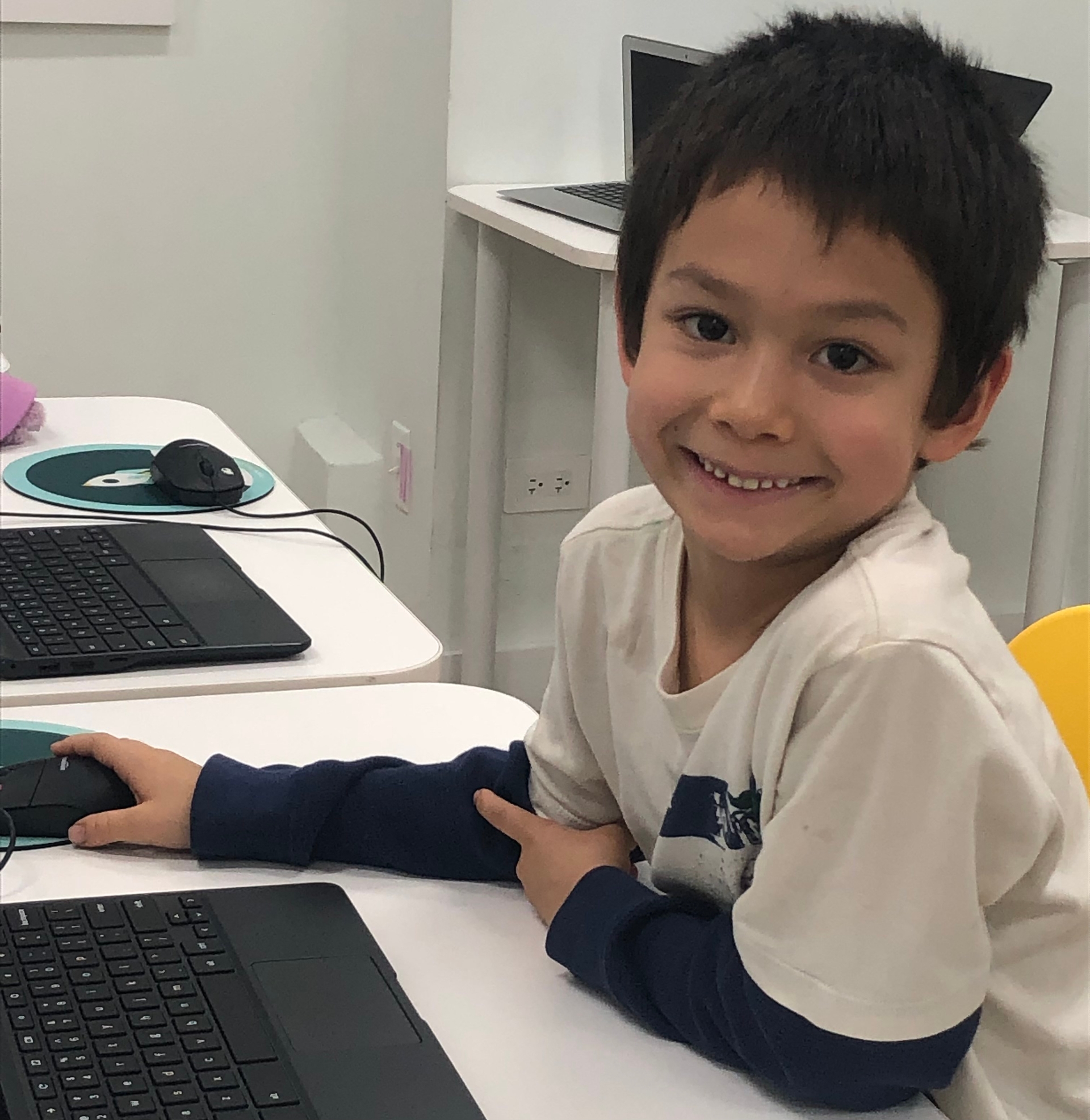8 Reasons to Start Coding Young

Coding: it’s not just for grown-ups!
In our increasingly digital world, lots of parents want their kids to become computer-literate — and why shouldn’t they? The question is, when should they start learning?
According to Harvard, the younger the better.
As it turns out, most professional programmers started learning their trade early in life. According to Stack Overflow’s 2020 Developers survey, over 54 percent of professional developers had written their first line of code by the time they turned 16. And while it might seem intuitive to start your child coding in high school, kids can start coding at a much younger age, sometimes as early as four years old.
Like learning any language, we seem to pick up and integrate what we learn with the greatest ease and fluency at an early age. Not to mention, learning to code as a kid positively affects brain processes, and the results spill over into other aspects of life.
1. Coding boosts problem-solving skills
Coders are constantly asked to solve tricky problems, learning to tackle complex or novel challenges in creative, efficient ways. The process of coding requires young STEM-heads to break issues down into more manageable sub-problems, then progress through an iterative process of identifying, prioritizing, and implementing solutions. Because of all this, kids start honing their problem-solving skills as soon as they take on their first coding challenge.
2. Coding improves computational thinking
Most kids are never taught the underlying logical principles of math, or shown math’s broader applicability in the wide, wonderful world. So, to them, math can seem boring, overly abstract, and unrelatable. One of the great things about coding is that, while kids don’t need to be math experts to get started, they will naturally learn mathematical principles as they code — a mindset we like to call “computational thinking.” Coding allows kids to interact with and visualize the abstract principles of math, instead of just engaging with dry, intimidating digits on paper.
3. Coding teaches communication skills
Because computers can only understand direct, simple instructions, tinkering with code naturally develops your ability to express yourself clearly & concisely. In fact, learning to code has many of the cognitive benefits of learning a new language!
4. Coding builts grit
Grit is the strongest indicator of which kids will succeed in their education and professional careers, and coding is an excellent way to help your child develop grit. When kids start tackling coding tasks, they will inevitably fail — over and over again. But our coding teachers help young coders stick to it, developing resilience of spirit and mind in the face of hardship. After all, you can’t complain, whine, or negotiate your way out of a problem with a computer: instead, you have to use logic, creativity, and deductive reasoning. Coding builds grit and confidence, because it teaches kids that most problems can be solved if they just keep trying!
5. Coding encourages brain development
You can't train a brain in a day, or even over the 4 years of high school. The ideas a child most successfully integrates are those from their early, and ongoing, encounters, when their brain is most “plastic”. Put simply, our brains build increasingly complex structures on top of existing, simpler structures. Exposure to programming at an early age builds these first structures, improving the brain's natural tendency for language and logic and providing a higher platform for future knowledge.
6. Coding sparks creativity
Coding nurtures creativity by teaching kids that they can start with nothing and finish with something amazing. In the non-digital world, creativity can be limited by materials, like ingredients when we cook or the size of the canvas when we paint. But coding takes place in the virtual world, where the only restriction is the child’s imagination.
7. Coding teaches digital literacy
The ability to understand and engage with technology is a necessity for navigating an increasingly digitized society. In other words, kids need to be digitally literate. Generally speaking, “digital literacy” refers to a person’s ability to understand and engage with technology in a thoughtful, meaningful way. Kids who are digitally literate know how to find, consume, create, and share digital content. They also understand the basics of Internet safety such as creating strong passwords, using privacy settings, and knowing what to share or not on social media. By learning to code at a young age, kids will come to intuitively understand the inner workings of digital applications, which will help them grasp the importance of safety, privacy, and critical thinking about digital content.
8. Coding benefits future career prospects
The Bureau of Labor Statistics reports that job openings for software developers are slated to grow 21 percent between 2018 and 2028 — that’s more than four times the average rate for all careers. But even kids who aren’t interested in becoming full-time developers can still benefit professionally from learning a coding language or two. Programming savvy is valuable, regardless of your child’s educational background or job interest. In some cases, it may even be the capability that ultimately boosts them above their job market competitors!
Even if your child doesn’t want to go into coding as an adult, establishing a practice of coding early in life will help them build highly-transferable cognitive skills. Of course, it's never too late to benefit from learning to code, but those who start as young children have a big head-start! Ready to get your child’s coding journey off the ground? Sign up for one of our top-tier coding programs today.